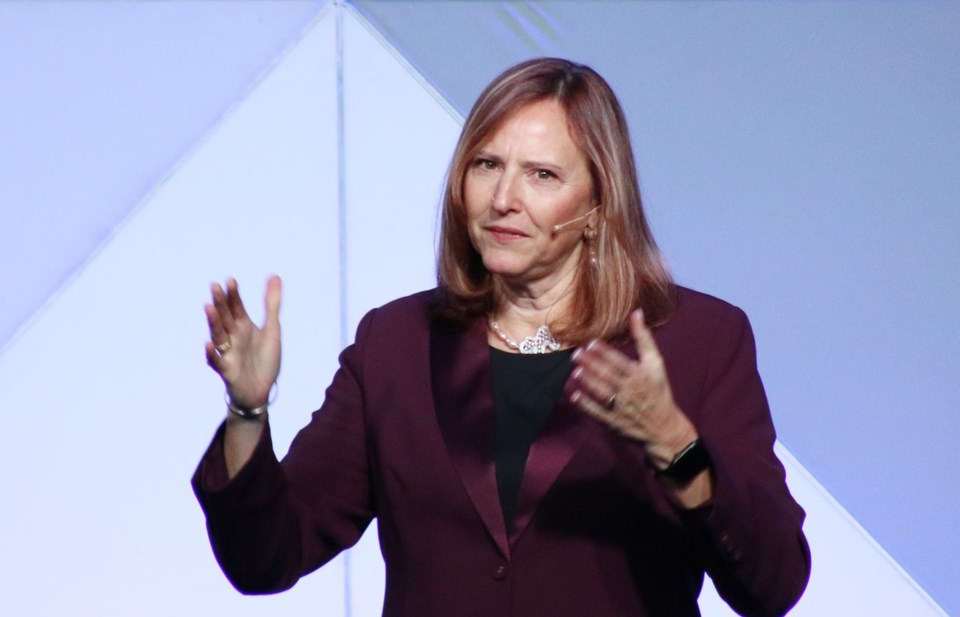Advocates at the Tourism Industry Association of Canada (TIAC) congress in Vancouver said in presentations this morning that they want to get beyond explaining why tourism is important to the economy.
Instead, the narrative should be on ways to capitalize on resources, Destination Vancouver CEO Royce Chwin explained to BIV in an interview between sessions.
Chwin, who previously spent nearly nine years as CEO of Travel Alberta, said during his time in that province he spent about 70 per cent of his time "defending the importance of a visitor economy for Alberta." He now spends only about 10 per cent of his time doing that advocacy work in Vancouver because in B.C. "people already get it," he said.
People in much of the rest of the country do not yet fully understand the importance of tourism, he added. That is why the industry must continually rattle off statistics to convey its significance.
TIAC CEO Beth Potter referred to Chwin during her speech, and said she agreed that the sector had been "sharing the same story for a long, long time."
That story includes how tourism is a net beneficiary to the economy as tourists bring wealth to Canada.
Statistics Canada data hold that in 2022, the sector supported approximately 623,375 direct jobs and 1.9 million total jobs. In 2022, tourism contributed nearly $38 billion to Canada's GDP and generated close to $94 billion in revenue for businesses, the government number cruncher calculated.
"We need to figure out a better way to tell Canadians and Canadian policy makers about our industry and why it is so important," Potter said.
She added that changing political winds make it vital for the industry to have a compelling case to gain support from the highest levels of governments.
"We're staring down at a federal election that pretty much guarantees we're going to have a change in government," she said.
"We will man the process, but you guys need to feed into it so that we have a better story to tell, so that I can walk into Pierre Poilievre's office, if he becomes the new prime minister, and say, 'Here's why you need to pay attention to our industry.' And he'll get it. And he'll do something."
Much of the rest of Potter's annual address focused on accomplishments in her industry.
She noted that she went to China earlier this year to meet with officials. "Multiple productive meetings" happened between her team and the Chinese ambassador to Canada, she said.
"While diplomatic tensions presented challenges this year, we remain committed to rebuilding that trust and fostering connections," she said of her work in Canada-China relations.
Efforts such as going to China likely helped create conditions to increase travel from that country, she said.
Air Canada plans to more than triple its number of non-stop flights between Vancouver and mainland China in the next month and a half: to 14 weekly, up from four weekly.
The airline's current four flights per week between Vancouver and China are to Shanghai, and it will start flying daily on that route starting Dec. 7.
It suspended its Vancouver-Beijing route during the pandemic and it plans to resume daily flights on that route starting Jan. 15.
Returning Chinese visits to Canada to 2019 levels will take work.
In the first nine months of this year, visits from Chinese nationals to Canada through B.C. entry points were 55.4 per cent below the same time period in 2019, according to Destination British Columbia data.



